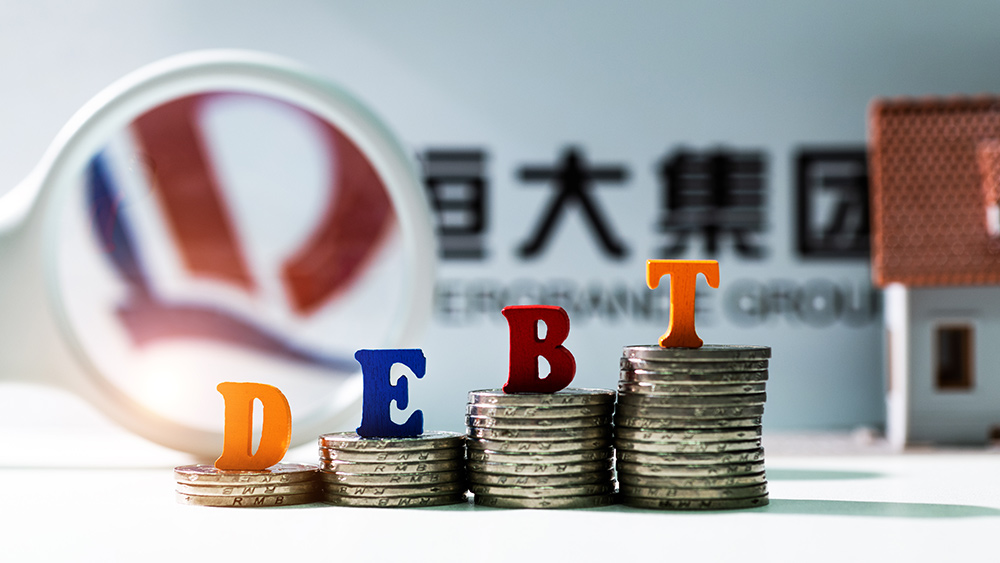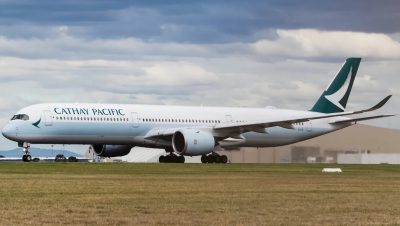Hong Kong – Never the Same Again
by Jayant Bhandari, Acting Man:
 Freedom Rock
Freedom Rock
Hong Kong ranks among the freest societies in the world. Not only economically, but socially it is a very liberal place. It was marinated in British ways until 1997, much longer than Singapore and other colonies. Then China took it over as a special administered region, which according to the agreement with the UK meant that it was only nominally to be under Chinese control for the next 50 years. It was possibly the only colony in which a vast majority of citizens did not want the British to go.
For most of the past 22 years, China has been easy on Hong Kong, despite the fact that the People’s Liberation Army’s garrison headquarters is one of the most visible landmarks of Hong Kong island, a constant symbol of the fact that China can fully take over Hong Kong in minutes, if it wants to.
This alone is enough to generate fear and hate among the people of Hong Kong. It does not help that they are conscious and made aware every day by the hordes of visiting tourists from China — through what are seen as their rather less sophisticated ways, their rudeness and misbehavior — that the far less developed country of China controls one of the richest societies on the planet.
Nouveaux riches from China buy properties in Hong Kong, driving up prices, their children take up slots in good schools, and they put buying pressure on edible goods, such as milk powder, etc., that have a high risk of being adulterated in China. Or at least this is what the people of Hong Kong think.
 A marching band of the PLA mangling music at the Hong Kong barracks [PT]
A marching band of the PLA mangling music at the Hong Kong barracks [PT]
Photo credit: Edmond Tang / China Daily
Chinese Development and Achievements
China has built ultramodern infrastructure in the region. It is now possible to cross the sea from Hong Kong to Macau using the world’s longest bridge, which is 55 kilometers long and cost a whopping $19 billion to build. Bullet trains now run from the heart of Hong Kong to Shenzhen in a mere 15 minutes for a cost of $10, and to Guangzhou in a mere 50 minutes.
Shenzhen and Guangzhou are cities that were the fountainhead of the Chinese economic miracle when Deng Xiaoping made them the places for experiments in free-market capitalism in 1979.
The area adjoining Hong Kong continues to be the heart of Chinese manufacturing. It is a hive of energy, activity, progress, and optimism unlike anywhere else on the planet. In many ways, technology is more customer friendly in East Asia than it is in the West.
The enormity of this can be appreciated only by those who visit. I often go to China, where I hold a long-term visa, and I go to Hong Kong often enough that I am allowed to pass the immigration eChannel that its citizens use, without the need to talk with any officer.
 Engineering marvel: Hong Kong-Zuhai-Macau bridge, the longest sea bridge in the world [PT]
Engineering marvel: Hong Kong-Zuhai-Macau bridge, the longest sea bridge in the world [PT]
I am extremely fond of China, and see it as the future of humanity, and certainly as the only Third World country — if at all it can be considered that any more — that has the potential to become a developed society. Culturally and economically, it has been on a rapid upward trend. Chinese today compete with the best in the world, and their creativity has been unleashed.
In many areas of research, Chinese organizations produce more quality and quantity of output than any other country on the planet, including the US. The reading habit is increasing rapidly among Chinese. There are tens, perhaps hundreds, of Chinese cities whose downtowns look more modern than those in the most developed parts of the world.
China owes a lot of its growth to Hong Kong, Taiwan, and Singapore, countries that were able to channel both Western technology, adapted for Chinese culture and language, and Western investments.
China became successful by copying Western technology and often improving on it, something that I, unlike others in the West, see as a massive achievement — because copying is not all that easy, as is demonstrated by the failure of the other Third World countries to do the same. China owes its gratitude to the West for enabling this.
Rise of the Nationalist Emperor
Time has moved on, and gratitude has faded, or perhaps it never existed — the concept of national gratitude hardly exists outside the West and Japan. And China’s egocentric president Xi Jinping has inserted his thoughts in the constitution of China, declared himself a lifetime president, implemented a tyrannical social credit system, and taken a heavy-handed policy toward neighboring countries. In his overconfidence, he appears to think that China has arrived and can fight a trade war with the US head-on.
Xi has likely surrounded himself with yes-men and with others too fearful to speak. His arrogance and his distance from the ground realities are weaving a web of entanglements for China. Xi has helped to accentuate a sense of nationalism among Chinese. Out of jealousy and an inferiority complex, Chinese nationalists act big-brotherly toward Taiwan and Hong Kong, both highly developed societies.
 China’s new politburo is revealed at the 19th Party Congress in 2017 – from left to right: Han Zheng, Wang Huning, Li Zhanshu, Chinese President Xi Jinping, Premier Li Keqiang, Wang Yang and Zhao Leji. [PT]
China’s new politburo is revealed at the 19th Party Congress in 2017 – from left to right: Han Zheng, Wang Huning, Li Zhanshu, Chinese President Xi Jinping, Premier Li Keqiang, Wang Yang and Zhao Leji. [PT]
Photo via Getty Images
But in a country where face value is very important, where the central government is the key stabilizing force, and where decisions once taken cannot be easily reversed, Xi cannot afford to look weak. In a country of 1.39 billion people, this has created massive systemic risk.
Unfortunately, by fueling nationalism, by engaging in a trade war with the US — a war that could have been avoided had he agreed to play fair — by being heavy-handed in contrast to tilting toward the rule of law, and by constantly interfering in Hong Kong, Xi is making China unstable. At best he is seriously retarding its progress.
When in 2014 Xi tried to influence Hong Kong’s electoral process, massive protests arose. Today, Hong Kong once again finds itself in the crosshairs of China. The new protests, enormous and intense, are against China’s attempt to institute a law enabling extradition of Hong Kong residents to mainland China. Xi miscalculated. The protesters have come to conclude that China wants — by hook or by crook — to incorporate Hong Kong fully into China, something the people of Hong Kong are very paranoid about.
Loading...



